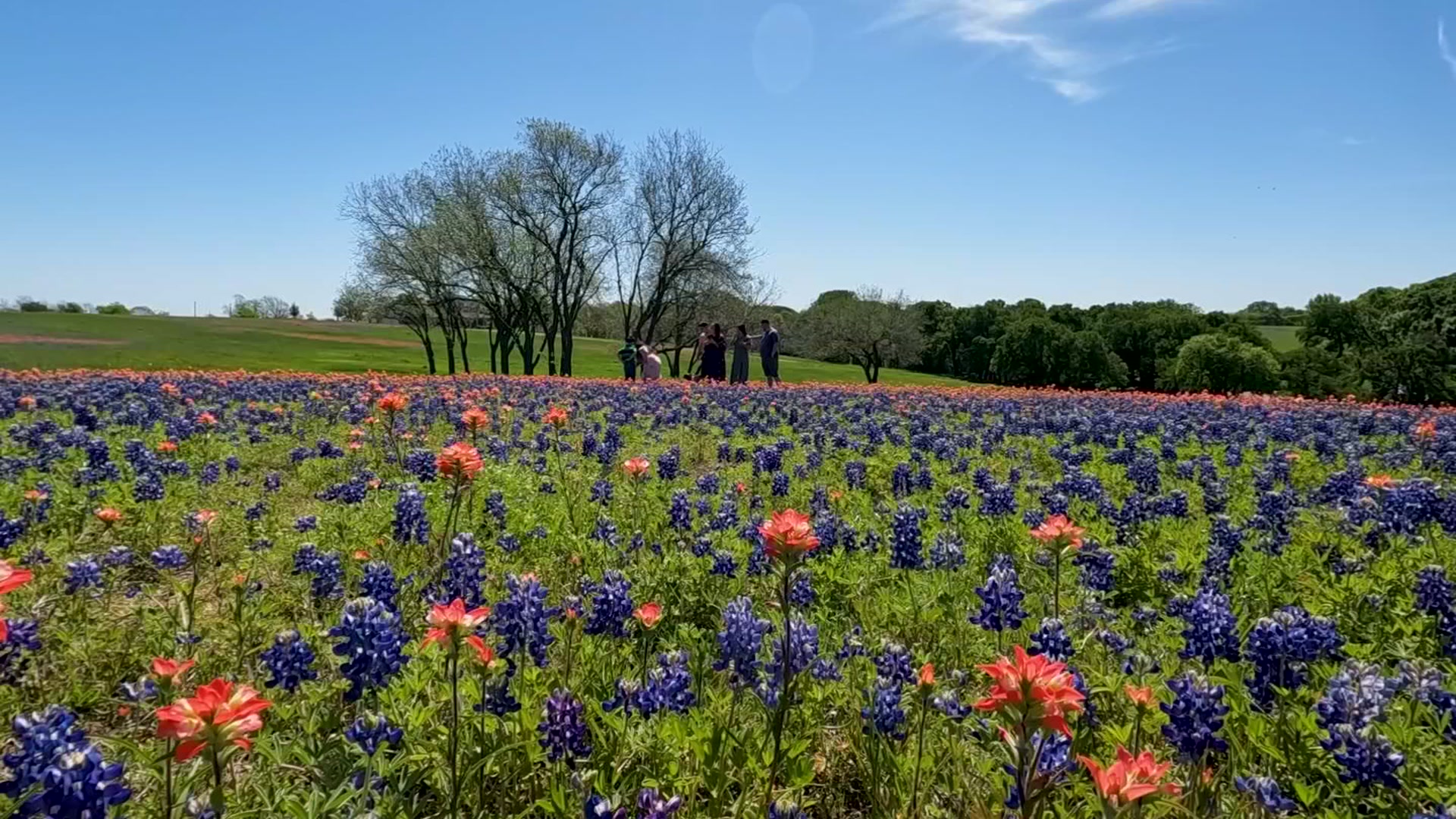More than 200 miles south of Dallas, school buses have been rolling through the streets of Houston equipped with camera systems paid for by Dallas County taxpayers.
Dallas County Schools installed $1 million of camera equipment on 100 Houston Independent School District buses for free.
DCS was betting the cameras would eventually turn a profit for taxpayers back home in Dallas County.
But 18 months after the cameras were installed in Houston, Dallas County taxpayers have not seen a penny in return.
Now, that camera deal is instead raising more concerns about questionable spending at DCS, the school bus agency that's in serious financial trouble.
The cameras are designed to catch drivers running past school bus stop signs.
DCS installed them in Houston as part of a trial program that DCS hoped would convince Houston ISD to split the fines collected from tickets issued to drivers who run past the stop signs.
Local
The latest news from around North Texas.
But the Houston ISD school board ultimately decided against the deal.
In a meeting last month, Dallas County Schools board members questioned why Superintendent Rick Sorrells would bet $1 million of equipment on a deal that was not a sure thing.
"I'm just questioning the wisdom of taking that stuff – of actually getting that much equipment – before we ever sealed the deal on it," said DCS board member Kyle Renard.
Sorrells defended the plan, saying he had hopes that Houston would come through.
"So they were placed on order and we discussed that – assuming Houston was going to take place, that the Houston program was going to take off," said Sorrells.
But Houston may have been a long shot from the start. The city has not been friendly to photo enforcement programs. In 2010, Houston voters rejected the use of red-light cameras.
And before using stop-arm cameras, DCS needed the city of Houston to pass an ordinance authorizing them so they could issue citations.
"The investment never materialized. The amount never materialized," said former DCS finance manager Denise Hickman.
Hickman says in 2015 and 2016 she had huge concerns about how much camera equipment DCS was buying in hopes of future deals with other cities.
"Why are we buying camera equipment when I'm told that there's camera equipment in the warehouses? And so that was my biggest concern," Hickman said.
In that recent school board meeting, DCS staff acknowledged DCS had stockpiled as much as $16 million of cameras in anticipation of potential future projects.
Three years ago, DCS Superintendent Sorrells promised the statewide camera program DCS launched would make money for taxpayers back home.
"There is a trend that this is going to be the wave of the future. We happen to be on the leading edge of it, which is so great for Dallas County Schools. It will be great for the taxpayers of Dallas," Sorrells said back in 2014.
But, in January, DCS announced it would shut down the entire camera program outside of Dallas County, and the agency began laying off staff. Over the last several years, DCS only signed deals with only about 10 communities outside Dallas County.
Records show over the next four years, DCS owes $29 million in payments on debt the agency took on to fund the camera programs it ran outside Dallas County.
On Friday, NBC 5 Investigates went to Houston to capture video of school buses that carry DCS cameras. Just one day after NBC 5 shot video, crews began removing the Houston stop-arm cameras to take them back to Dallas County.
In a statement Tuesday, DCS told NBC 5 Investigates, "We offered a conservative and low risk plan to Houston as a trial. DCS invested in equipment for this. When the program appeared to be at a dead-end, DCS went to Houston to collect its equipment."
DCS now plans to sell those cameras back to the camera vendor with which the agency partnered on the deal.
In addition to that $1 million of equipment sent to Houston, Dallas County taxpayers paid to install and uninstall those cameras. They also paid more than $57,000 to live-stream video from the cameras for 18 months so Houston could test the system.
On Wednesday, the DCS board will meet to consider replacing Sorrells as DCS superintendent. Sorrells has said he doesn't want to comment on the situation in advance of that meeting.



